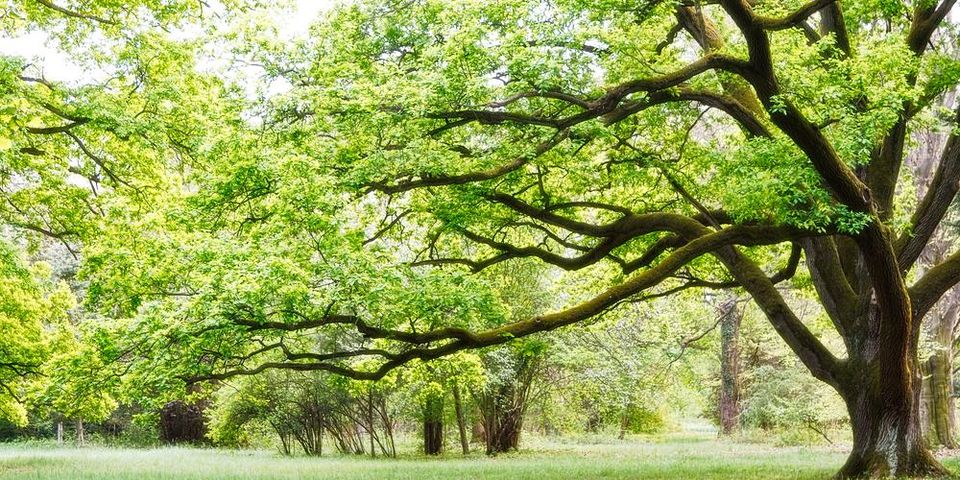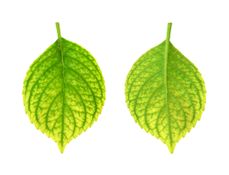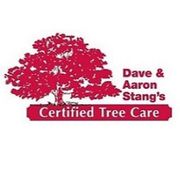Cincinnati Arborist Explains Micronutrient Deficiency in Trees

Plants need six elements called micronutrients for growth and development. They are manganese, zinc, molybdenum, boron, iron, and copper. Though plants only need small amounts of these elements, it’s common for trees to develop a deficiency. Below, the professional arborists at Dave & Aaron Stang’s Certified Tree Care in Cincinnati, OH, explain the symptoms of micronutrient deficiencies in trees and their causes.
What Are the Symptoms of Tree Micronutrient Deficiency?
Micronutrient deficiency in trees is usually noticeable because the leaves will turn pale green or yellow during a process called chlorosis. However, the veins in the leaves will remain a vibrant green. The discoloration affects the newer leaves near the tips of branches. Over time, chlorosis will spread to larger parts of the canopy, new growth will slow down, and limbs will begin to die. Severe cases of deficiency will compromise the health of the entire tree.
 What Causes the Deficiency?
What Causes the Deficiency?
Landscape trees like oaks, white pine, birch, and maple are susceptible to iron and manganese deficiencies, but several factors contribute to these issues. One cause is a lack of nutrients in sandy soils. An excess of water in heavier soils can also reduce nutrient uptake and lead to a deficiency. A compromised root system, drought, and disease are other ways a tree can develop a problem.
The most common cause, however, is an imbalance in alkaline soil pH. Issues can occur when the soil has a pH level above 7.0. With a high pH, plants are not able to absorb the nutrients up through their roots. If a tree or plant has a micronutrient deficiency, it’s usually a sign that the area is too alkaline for the tree.
Keep your trees healthy and beautiful by contacting the professional arborists at Dave & Aaron Stang’s Certified Tree Care. With over 130 years of combined experience, they have the expertise needed to determine the health of your trees and provide treatment. They also offer helpful services like tree trimming, removal, and stump grinding to help improve the overall appearance of your property. Call (513) 936-9777 today to speak with a certified arborist or visit them online for more information.
About the Business
Have a question? Ask the experts!
Send your question

